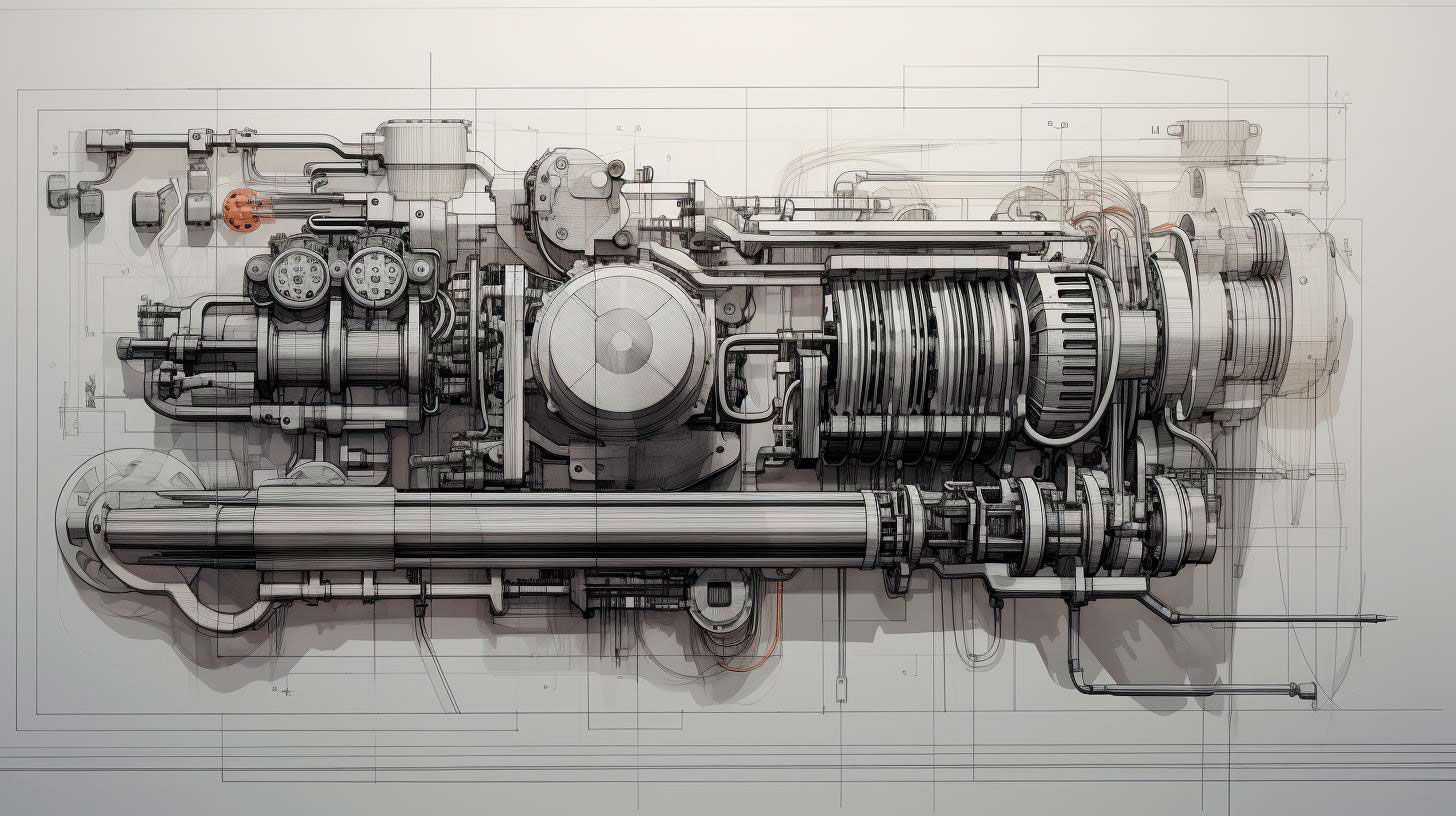In this article, we will delve into these impacts and explore the various aspects related to nuclear power plant construction.
Social Impacts
Job Creation:
The construction of nuclear power plants requires a significant workforce, resulting in job creation in the local area. This not only provides employment opportunities but also boosts the overall economy.
Skills Development:
Nuclear power plant construction requires specialized skills and expertise. As local workers are trained in these areas, they acquire valuable knowledge that can be used in other industries, fostering long-term economic growth.
Community Development:
The presence of a nuclear power plant can have a positive impact on the local community. Companies often invest in improving infrastructure, healthcare, and education facilities, benefiting residents in the vicinity of the plant.
Energy Independence:
Nuclear power plants provide a source of reliable and consistent energy. Reduced dependence on imported energy can enhance a country’s energy security and independence.
Environmental Impact:
Nuclear power plants emit significantly less greenhouse gases compared to other conventional power sources. This can result in improved air quality and reduced carbon emissions, positively impacting public health and the environment.
Economic Impacts
Economic Growth:
The construction of a nuclear power plant stimulates economic growth in various ways. It leads to increased investment, improved infrastructure, and enhanced job opportunities, ultimately contributing to the overall development of the region or country.
Tax Revenues:
Nuclear power plant projects generate substantial tax revenues for governments, which can be allocated towards public services, education, healthcare, and infrastructure development.
Cost-Competitive Energy:
Nuclear power plants provide a stable and cost-competitive source of electricity. As operational costs are relatively low, the long-term price stability and predictability of nuclear energy can benefit both industries and households.
Export Opportunities:
Countries with the capability to construct nuclear power plants can tap into the global market for export opportunities. This can strengthen their economy by generating foreign exchange and creating employment opportunities in the nuclear industry.
Research and Innovation:
The construction of nuclear power plants often leads to advancements in research and innovation. This, in turn, translates into the development of new technologies and solutions, benefiting multiple sectors beyond energy generation.
Key Takeaways
Nuclear power plant construction has both social and economic impacts:
- Job creation and skills development contribute to local and national economies.
- Communities benefit from improved infrastructure and healthcare facilities.
- Nuclear power plants enhance energy independence and contribute to a cleaner environment.
- Economic growth, increased tax revenues, and export opportunities arise from nuclear projects.
- Research and innovation in nuclear power lead to advancements in multiple sectors.
While nuclear power does have its risks and challenges, it also offers considerable benefits and opportunities. Striking a balance between energy needs, environmental concerns, and social well-being is crucial for sustainable and responsible nuclear power plant construction.
For more information on the environmental benefits of nuclear power, you can visit the U.S. Environmental Protection Agency’s website. They provide detailed insights and resources on the topic.
